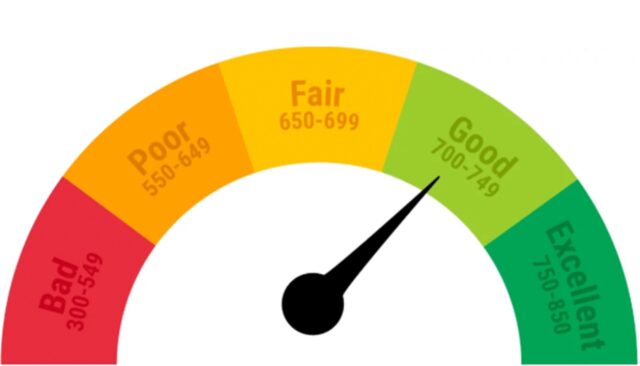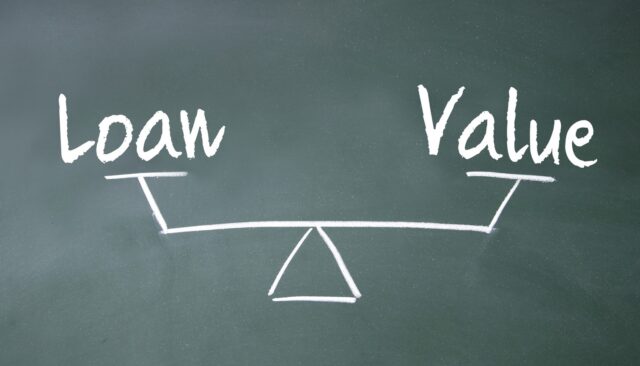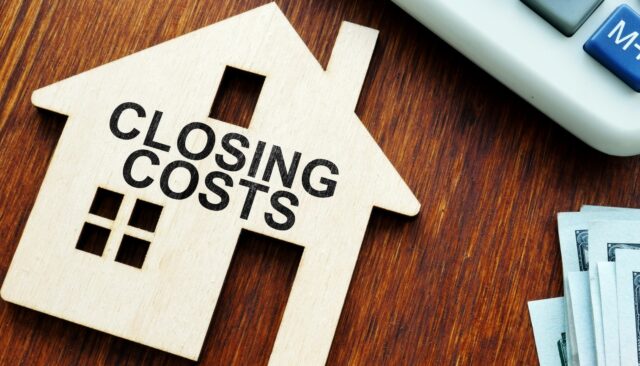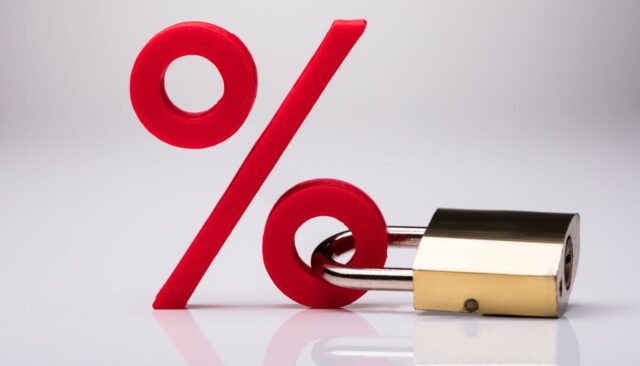
When planning on refinancing your mortgage, one of the primary things we look for is the lowest possible mortgage refinance rate. That should not surprise you, given the fact that it’ll mean more or less money paid back in the long run. However, finding the lowest rates isn’t everything there is to refinancing your mortgage. It is one of the main factors – that’s indisputable, but, you shouldn’t focus solely on finding the lowest possible rate and neglecting the numerous other factors that will come into play and affect your interest rate when you decide to refinance your mortgage. For more expert advice and tips please visit the PureLoan website.
Before you decide to take such a huge step, you need a clear, financial plan and goal. You should refinance your mortgage just because you’ve hit a financial bump in the road. Like we’ve said, devise a good plan with a clear goal in mind. After you’ve done that, you might want to check out our 6-point guide on how to get the lowest mortgage refinance rates. We’re going to present you with general ‘rules’ that apply for most of us while focusing on the city of Chicago as well. Let’s get started.
1. Have A Good Credit Score

If you’re even vaguely familiar with the world of finance, then you know how important of a factor credit score is. If your credit score is too low, you’re basically doomed for any line of credit or loan. You interest rates will be through the roof. Your credit score is a reflection of how financially responsible you are. The more financially responsible you are, the higher your credit score will be. You can imagine the credit score and interest rate as the opposite sides of a seesaw. When one is high, the other one is low and vice versa.
Therefore, you need a high credit score to get a low-interest rate. This might vary from lender to lender, but the usual minimum credit score to even be considered for a loan is around 620. For the best possible rates, you’d want your credit score to be over 740. You can raise your credit score in a few ways over time, however, unless you’ve been paying attention to it for some time, don’t expect major changes for the better.
2. Decrease Your Debt

Another important factor that affects your ability to get favourable, low-interest rates is to be as debt-free as you can be. How can you do that? Well, one of the ways is to pay your bills on time. Whether it’s credit card bill or any other debt to your name, you’d want to clear as much as possible of it before applying for a mortgage refinance. There is a simple way to look at this. Your debt and your income are in so-called debt-to-income ratio, or DTI.
Unlike credit score, your DTI needs to be as low as possible for you to have a chance at getting a good interest rate. You should be in the clear if your DTI is lower than 33%, meaning your debt is not larger than a third of your income. Sometimes you cannot do a lot to pay off a debt, but what you can do is not create a new one. Don’t max-out your credit card or purchase a car right before applying if that’s going to increase your DTI drastically. Even with a good credit score – a bad DPI can get you denied.
3. Explore Your Options

Now that you’re familiar with some of the things you can do to better your chances of getting solid rates, let’s talk about exploring your options when it comes to lenders. In a city as big as Chicago is, finding the best lender and the best rates is not that easy. The competition is fierce and the possibilities are numerous. It would be easy to get lost in research and forget about some of the stuff that’s also important (for example – credit score and DTI).
Luckily for you, you can get a pretty clear picture on what you can expect when it comes to rates by visiting pureloan.com and seeing what Chicago has to offer. This could be the starting point and you can call or schedule consultations to further enquire about the mortgage refinancing.
4. Increase Your Home Equity

Aside from the credit score and DTI, another thing that greatly affects the on your refinance rate is the LTV or loan-to-value ratio of your property. Essentially, what this represents is how much of the house have you paid for, to put it simply. To simplify it even more, let’s say your house is valued at $500,000 and you’ve paid half of it – this means you have a %50 LTV. The lower LTV is, the greater your chances of getting better rates are.
You can increase your home equity by paying the portion of the outstanding loan, which will make the second (refinancing) loan’s LTV ratio lower and that could affect the interest rate.
5. Don’t Forget About The Closing Costs

Closing costs are sometimes overlooked. However, they certainly shouldn’t be because they amount to about 2% of the loan amount. There are a few ways on how you can handle closing costs. You can pay cash – which will mean the lowest possible interest rate. You can make them a part of your new loan and pay a slightly higher interest rate.
Another thing you can do is ‘low cash-out’ refinance, which would allow you to increase the amount of loan just enough to cover the closing costs. However, this is possible only if your equity is high enough to cover the additional costs.
6. Think About Locking Your Rates

One way to make sure you get and keep a good mortgage rate is to lock it. In case you didn’t know, mortgage rates change daily, sometimes even more often and that directly affects how much money you will repay. To be fair, rates could go in both directions. You could either end up saving or losing money in the long run, so it’s best to consult with your lender about the lock-in date. Usually, you’ll have about a month and a half to do so.
Rates are historically low at this point, so from that point of view locking in might be a good idea, although some are projecting additional drops. Consult your lender and think about it.
Hopefully, this article has been helpful for those of you who are looking for a way to get the best rates possible.









